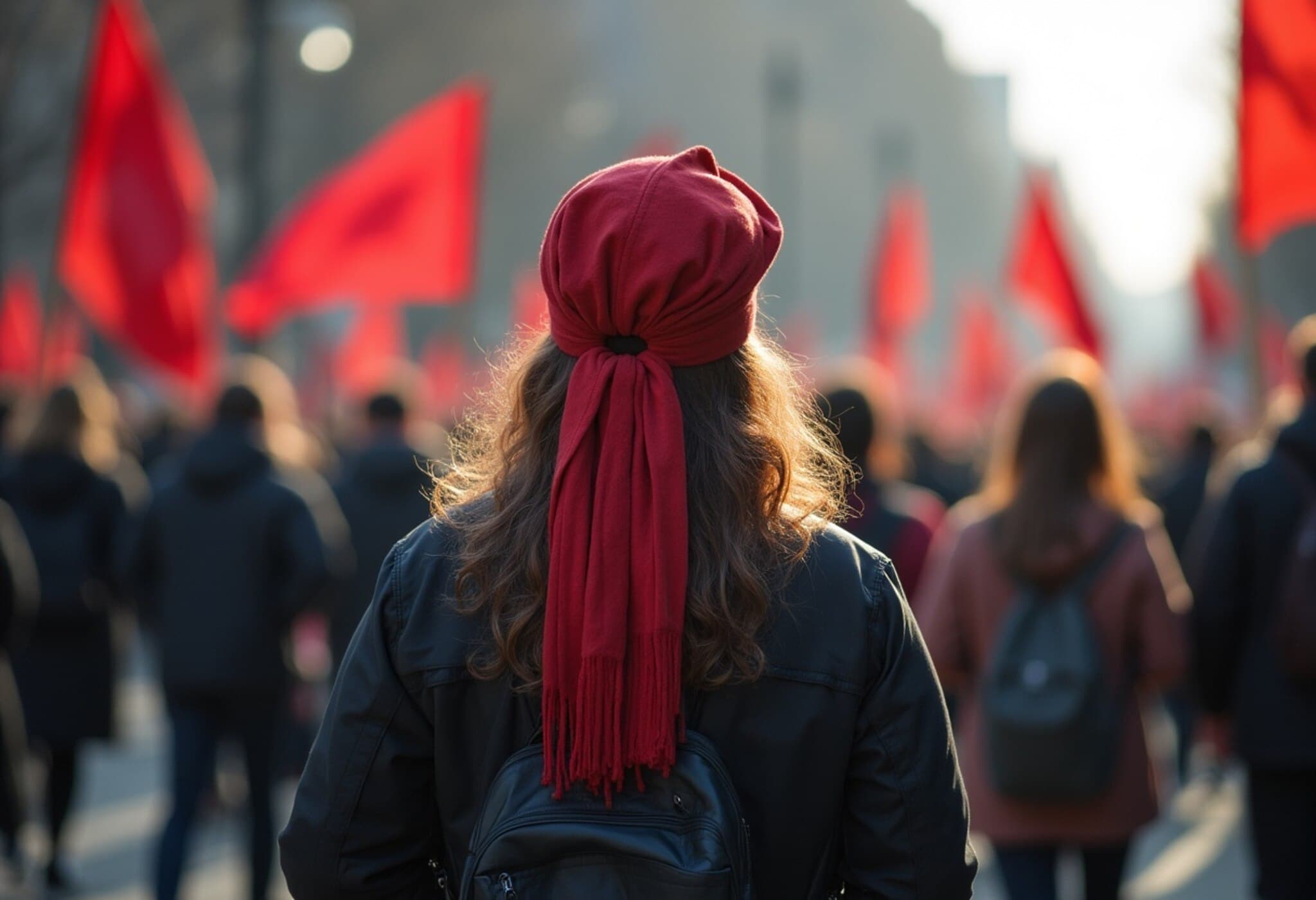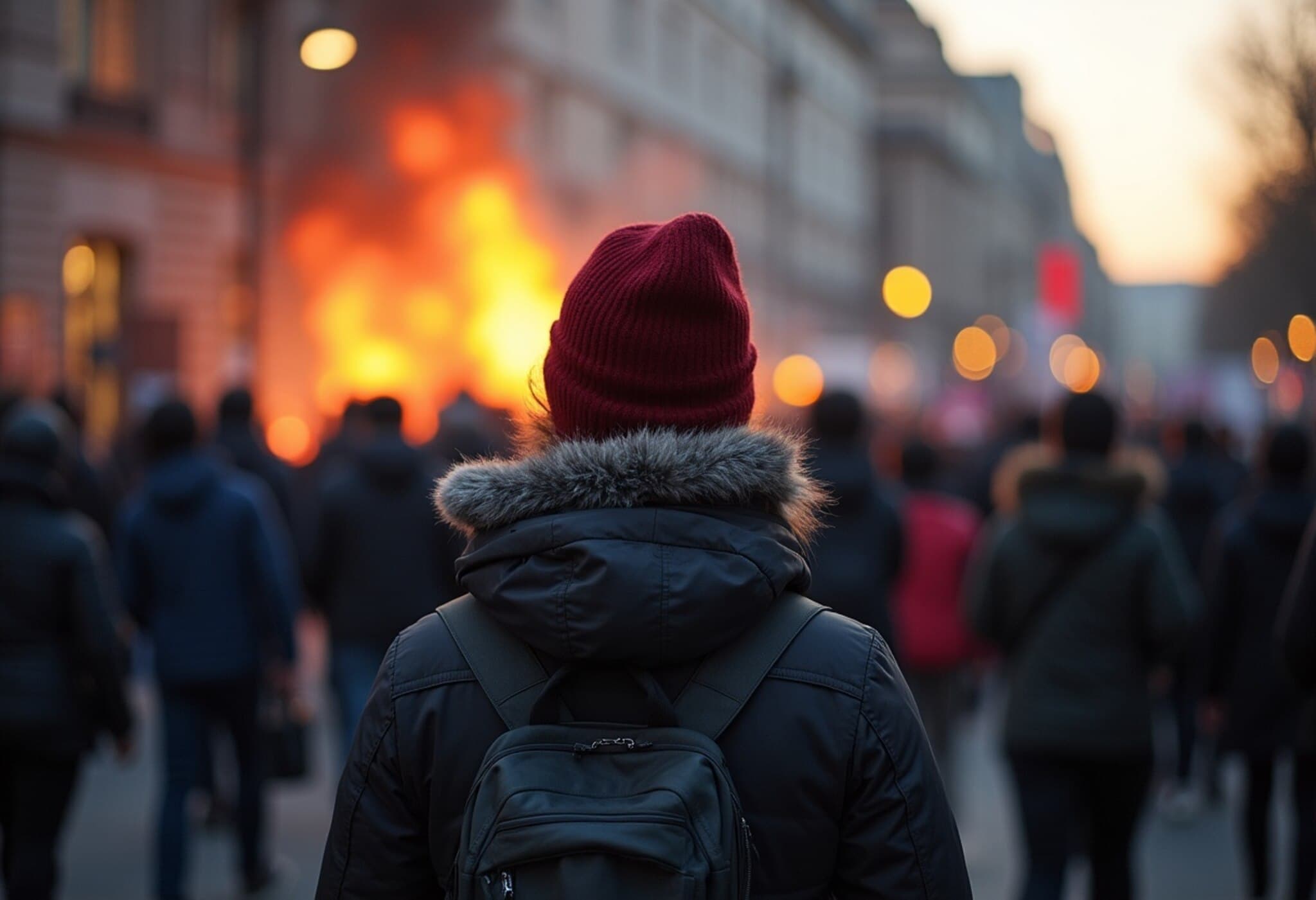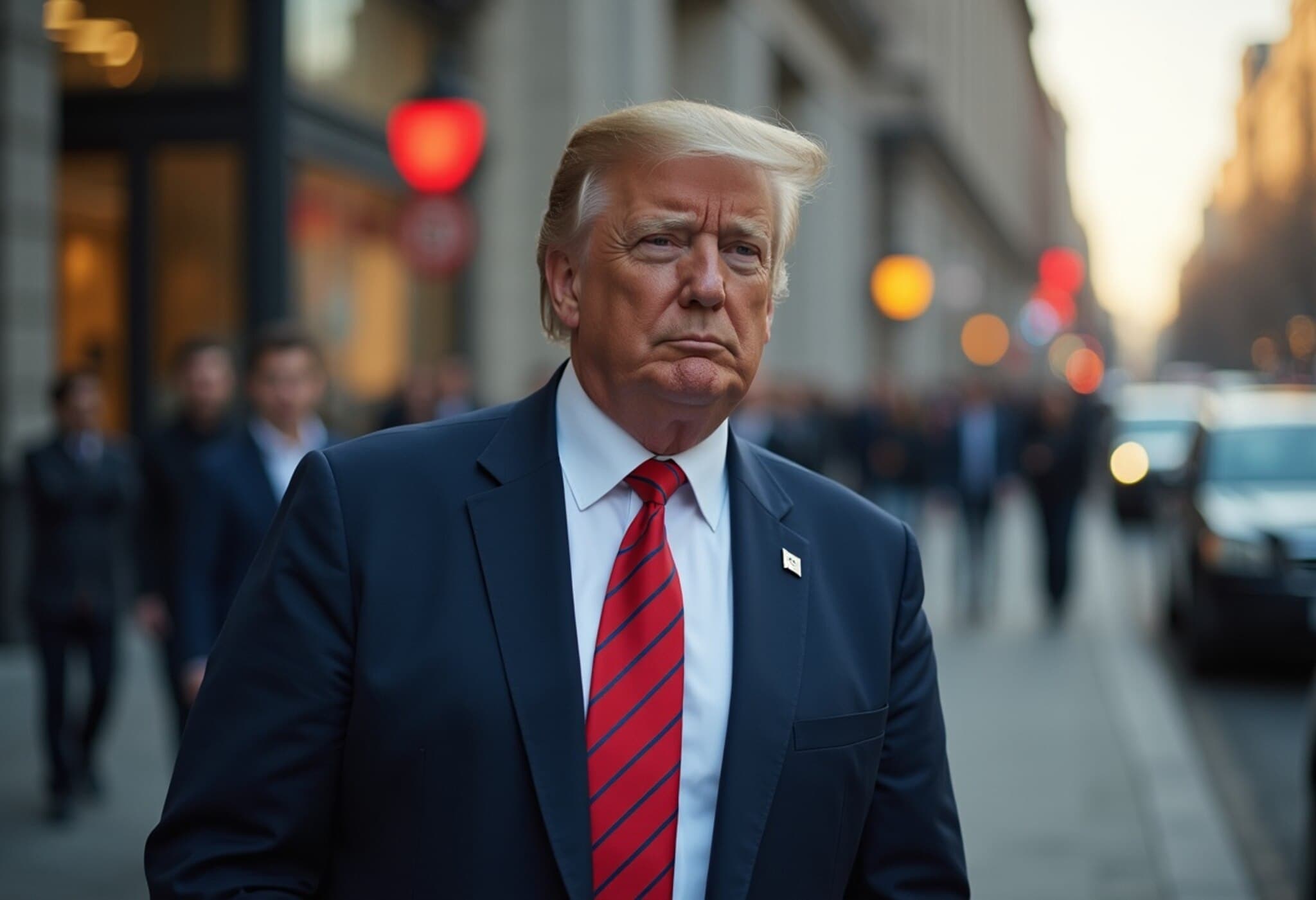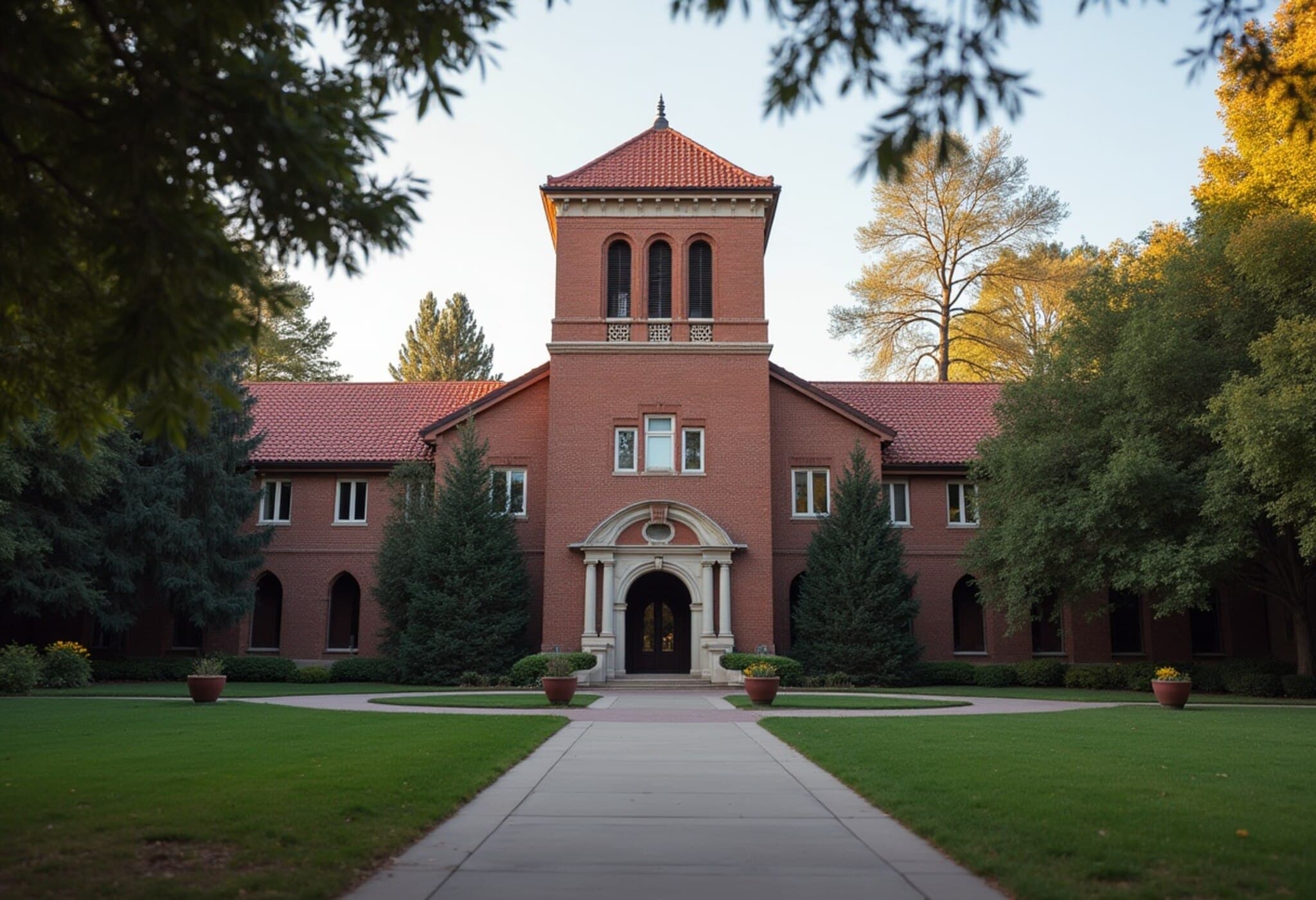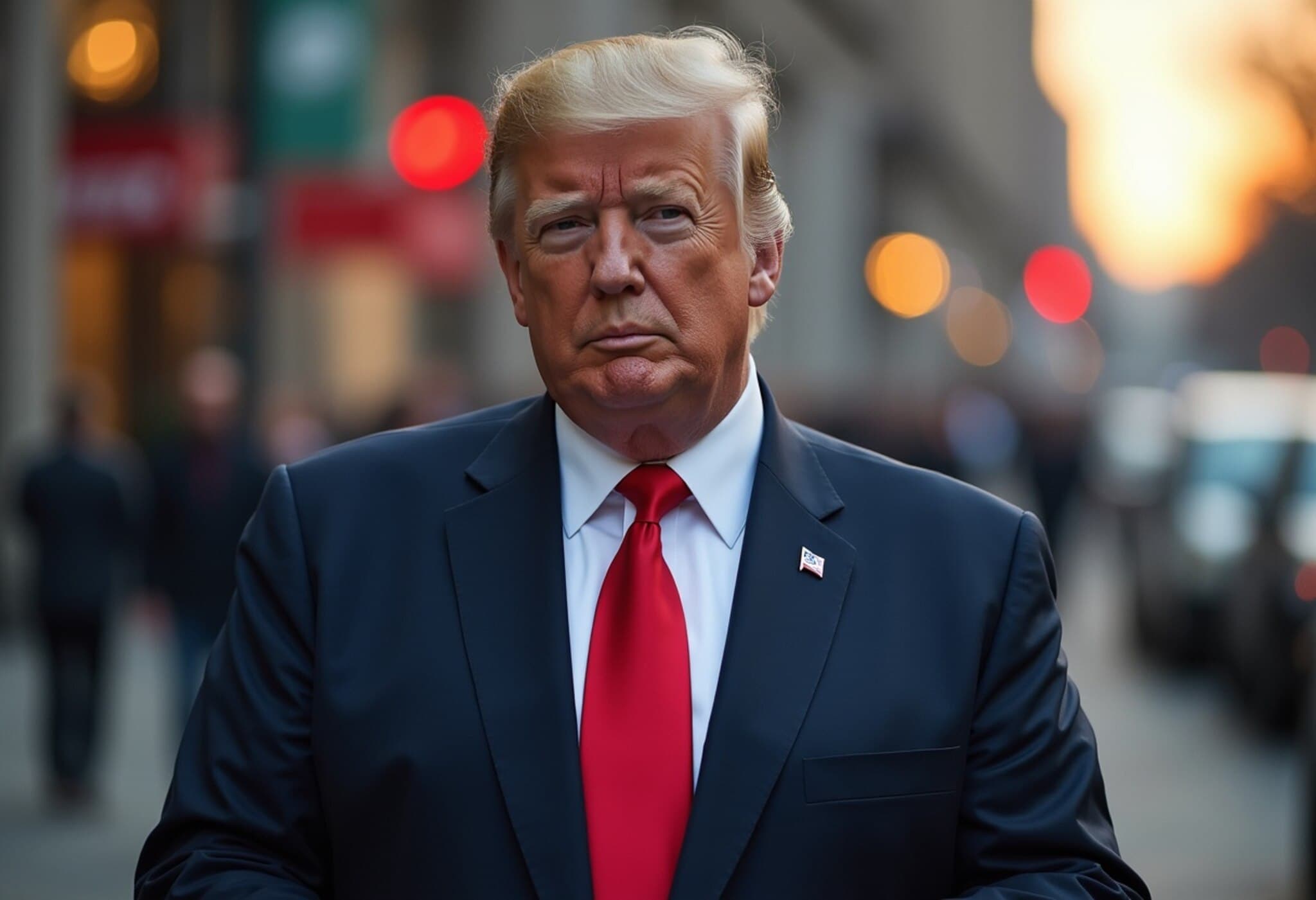Stanford Daily Files Lawsuit Against Trump Administration Over Political Targeting
In a decisive legal move that reignites the national debate on free speech and immigration policy, The Stanford Daily, the university’s renowned student newspaper, has launched a lawsuit challenging directives from the Trump administration. The case centers on allegations that federal immigration powers were weaponized to intimidate and potentially deport noncitizen students expressing pro-Palestinian views, thereby violating their constitutional rights.
Background: When Immigration Law Meets Free Speech
The lawsuit specifically confronts how the Immigration and Nationality Act (INA) was interpreted and applied during the Trump administration to penalize noncitizen students for their political activism and viewpoints. Two anonymous former international students, both associated with The Stanford Daily, fear their protected expressions on the Israeli-Palestinian conflict could make them vulnerable to removal from the country.
Legal experts argue this marks an unprecedented attempt to link visa and deportation decisions directly to protected political speech, setting alarming implications for academic freedom and international students nationwide.
Provisions Under Scrutiny
- The INA grants the Secretary of State broad discretion to deport noncitizens whose views are deemed contrary to a compelling U.S. foreign policy interest.
- It also empowers visa revocation at any time, further expanding the executive’s control over noncitizen presence based on subjective political criteria.
The plaintiffs seek a federal court order to prohibit the government from using these provisions to suppress lawful political expression, emphasizing that such actions have led to dangerous self-censorship among international students.
The Chilling Effect on Campus Journalism
Attorneys from the Foundation for Individual Rights and Expression (FIRE) highlight how since early 2025, international students working for The Stanford Daily have increasingly avoided writing on controversial topics like the war in Gaza. Some have even removed published articles out of fear that voicing their political opinions could threaten their legal status in the U.S.
This atmosphere of fear undermines not only free speech rights but the very essence of open inquiry that institutions such as Stanford are built upon.
Context: Rising Tensions and Campus Fallout
The lawsuit emerges against a backdrop of heightened campus tensions following the Hamas attack on October 7, 2023, and the ensuing conflict in Gaza. Stanford, along with other universities, saw an uptick in protests, including pro-Palestinian demonstrations and significant unrest marked by property damage and arrests.
In 2024, a university committee described antisemitism at Stanford as both "widespread and pernicious", reflecting the complex and often volatile environment in which these political expressions occur.
Broader Implications for American Immigration and Free Speech
This lawsuit spotlights a pivotal crossroad where immigration enforcement intersects with First Amendment protections. The Trump administration's so-called "ideological purge" invites urgent questions about:
- How far can the government go in policing political beliefs of noncitizens?
- What safeguards protect international students and immigrants from political discrimination?
- How does this affect America’s reputation as a haven for free thought and academic liberty?
Legal scholars warn that adopting such an approach risks spreading a culture of fear and debilitating the vibrant exchange of ideas on college campuses nationwide.
Editor’s Note
As the United States continues to grapple with the balance between national security and constitutional freedoms, this case at Stanford University probes deeply into the boundaries of executive authority over immigration and free expression. It raises vital questions about the long-term consequences for noncitizen students, academic institutions, and the democratic ideals underpinning American society.
Will courts reaffirm the inviolability of protected speech regardless of citizenship status? And how might this litigation influence future policies concerning political expression among immigrants? Observers should watch closely as this lawsuit unfolds, as it will undoubtedly shape the national conversation around civil liberties in an increasingly polarized political climate.

